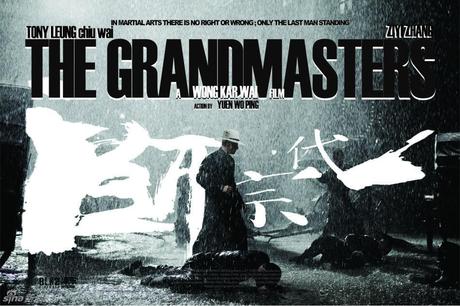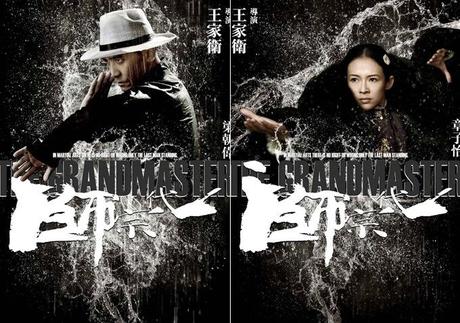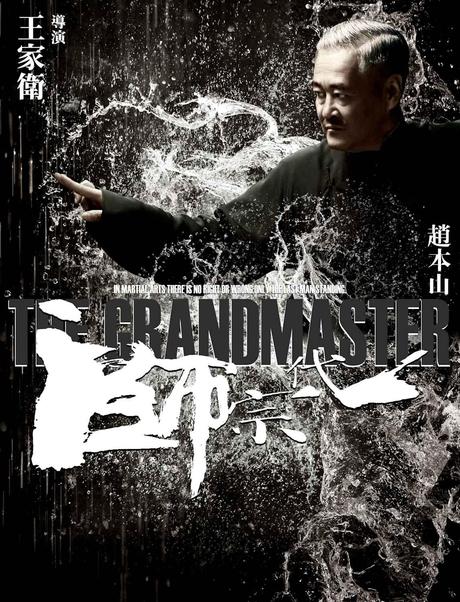
Finalmente, ha sido en la 63ª edición del Festival de Berlín cuando el último y esperado film del realizador hongkonés ha visto la luz en territorio europeo. “The Grandmaster“, que además fue la encargada de inaugurar esta edición (aunque no entra a concurso) relata la biografía de los años jóvenes de Bruce Lee (interpretado por Zhao Benshan) y su relación con su maestro Yip Man (Tony Leung) durante la década de los años 50.
El realizador Wong Kar Wai es además el encargado de presidir el jurado de la sección oficial, acompañado de Susanne Bier, Andreas Dresen, Ellen Kuras, Shirin Neshat, Tim Robbins y Athina Rachel Tsangari.
“The Grandmaster” fue proyectada en una versión reducida, de 120 minutos. En Asia, en donde el film se estrenó hace un mes con gran éxito, se exhibe una versión que dura 130 minutos, bastante inferior a las cuatro horas iniciales que había ideado el director.


Algunas de las declaraciones que el director dio al The Hollywood Reporter fueron:
The Hollywood Reporter: Why did you decide to make an international version of the film?
Wong Kar-wai: The version [released in Asia] has elements which Chinese audiences will be familiar with but which will not be that familiar to foreign audiences. There’s so much information that people could easily become confused. For example, during Ip Man’s opening voice-over about his own background, he talks about his family having a business on Bonham Strand West [a traditional hub of import-export trade in downtown Hong Kong]. Hong Kong audiences will know what that means, but to foreigners it doesn’t mean anything. So we just changed it to how he was running a family business which exports goods to Hong Kong. We made adjustments like this so that international audiences know what it is about.
THR: The film has gone through quite a long period of gestation and production. How different is the final product from the original idea?
Wong: I started out wanting simply to look at Ip Man the person. Later on, however, I discovered what I really wanted to examine is the whole martial arts landscape. I think the biggest question for me was, “What made Ip Man so remarkable?” Some would say it’s because he had a disciple calledBruce Lee, but that would be ignoring something that is crucial: the circumstances which shaped Ip Man’s life. His life is a microcosm of contemporary Chinese history. He lived through the Qing dynasty, the early republican years, the northern conquest [by the government against warlords], the fight against the Japanese [during WWII] and finally the exodus to Hong Kong [during and after the Chinese civil war between 1945 and 1949]. If you don’t give a proper account of this background, you won’t be able to understand the difficulties he goes through. Among the Chinese, and especially among martial arts practitioners or artists, there is this very important notion of passing the torch. It’s about realizing how one doesn’t own what one’s learned. Receiving inherited wisdom from the generation of forefathers means there’s also a responsibility to pass it on. This is the burden a grandmaster has to bear.
Vía: Wong Kar Wai. net
